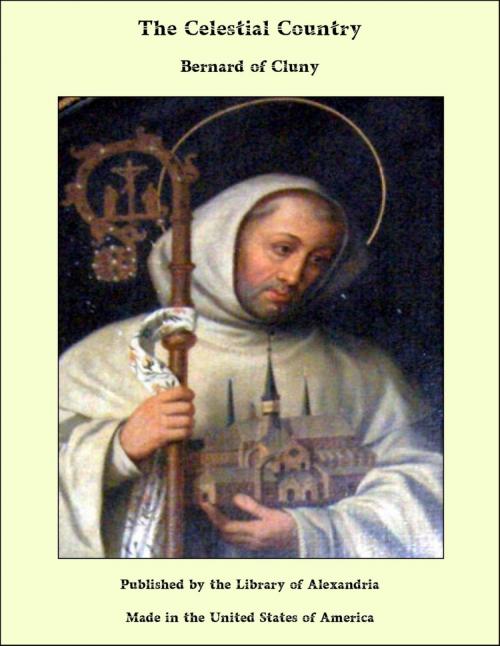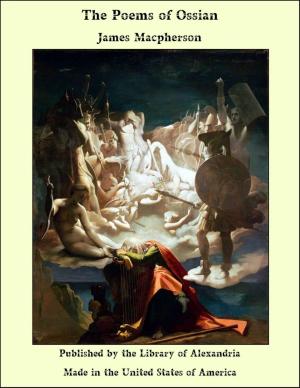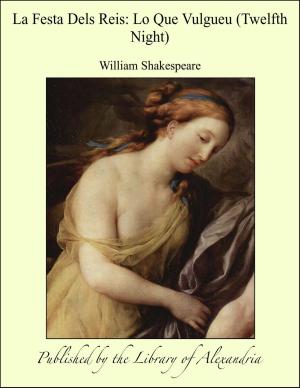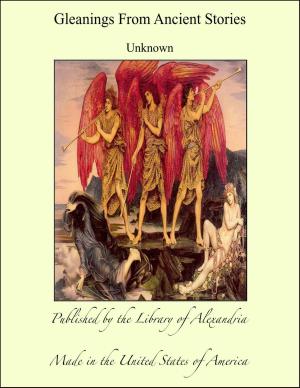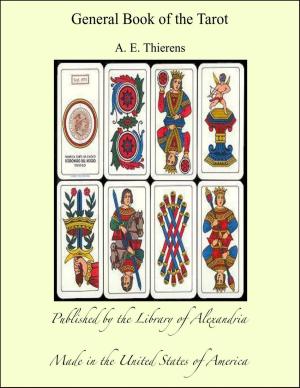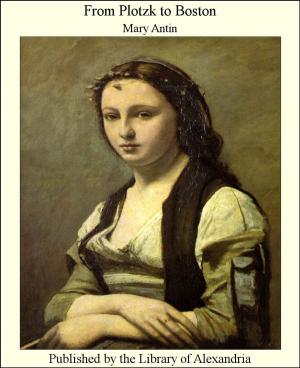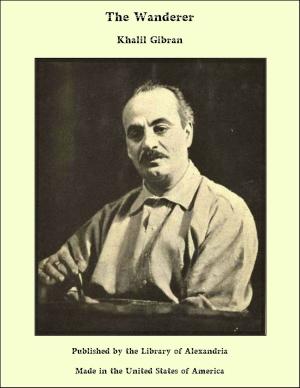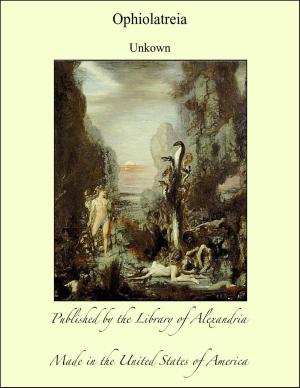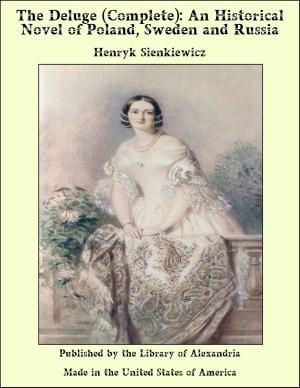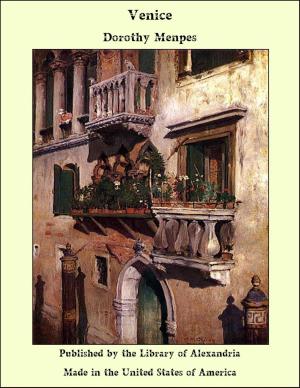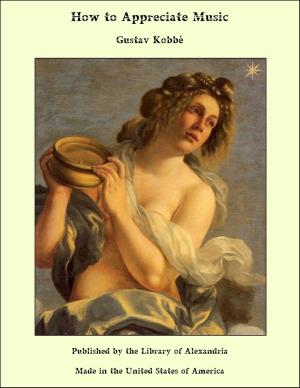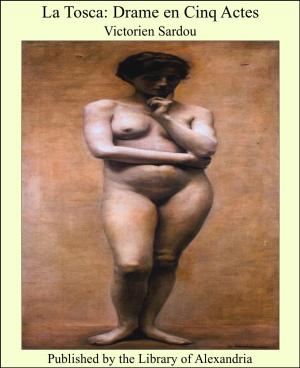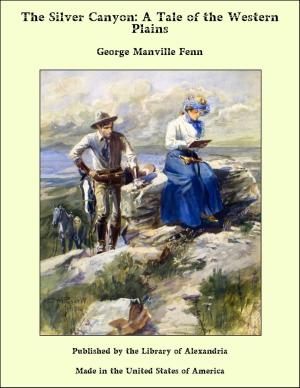| Author: | Bernard of Cluny | ISBN: | 9781465613783 |
| Publisher: | Library of Alexandria | Publication: | March 8, 2015 |
| Imprint: | Language: | English |
| Author: | Bernard of Cluny |
| ISBN: | 9781465613783 |
| Publisher: | Library of Alexandria |
| Publication: | March 8, 2015 |
| Imprint: | |
| Language: | English |
THE poems of Bernard, the Monk of Cluny, De Contemptu Mundi, is one of the most remarkable of the Latin hymns which Archbishop Trench first introduced to popular notice. In the year 1849, Trench published excerpts from the original poem of three thousand lines, and ten years later Dr. John Mason Neale translated a cento of these verses, and produced the hymn "Jerusalem the Golden," which, as Dr. Trench says "has won a place in the affections of Christian people as a priceless acquisition." The feeling of heavenly homesickness has never been expressed with more thrilling power of intensity than in this grand mediæval poem. Bernard, a monk of the celebrated Monastery of Cluny, under the Abbot Peter the Venerable, was born of English parents at the old seaport of Morlaix, in Brittany, and lived in the twelfth century. Thus being a contemporary of the greater Bernard, Abbot of Clairvaux. This is all we know of the author of the poem on Contempt of the World.
THE poems of Bernard, the Monk of Cluny, De Contemptu Mundi, is one of the most remarkable of the Latin hymns which Archbishop Trench first introduced to popular notice. In the year 1849, Trench published excerpts from the original poem of three thousand lines, and ten years later Dr. John Mason Neale translated a cento of these verses, and produced the hymn "Jerusalem the Golden," which, as Dr. Trench says "has won a place in the affections of Christian people as a priceless acquisition." The feeling of heavenly homesickness has never been expressed with more thrilling power of intensity than in this grand mediæval poem. Bernard, a monk of the celebrated Monastery of Cluny, under the Abbot Peter the Venerable, was born of English parents at the old seaport of Morlaix, in Brittany, and lived in the twelfth century. Thus being a contemporary of the greater Bernard, Abbot of Clairvaux. This is all we know of the author of the poem on Contempt of the World.
